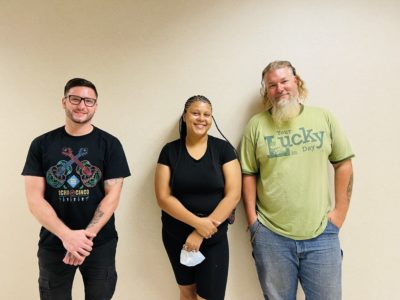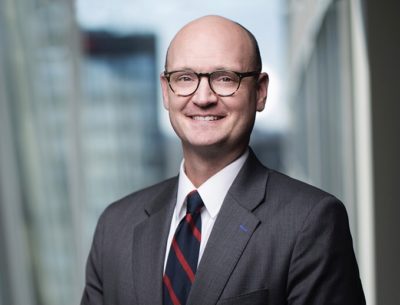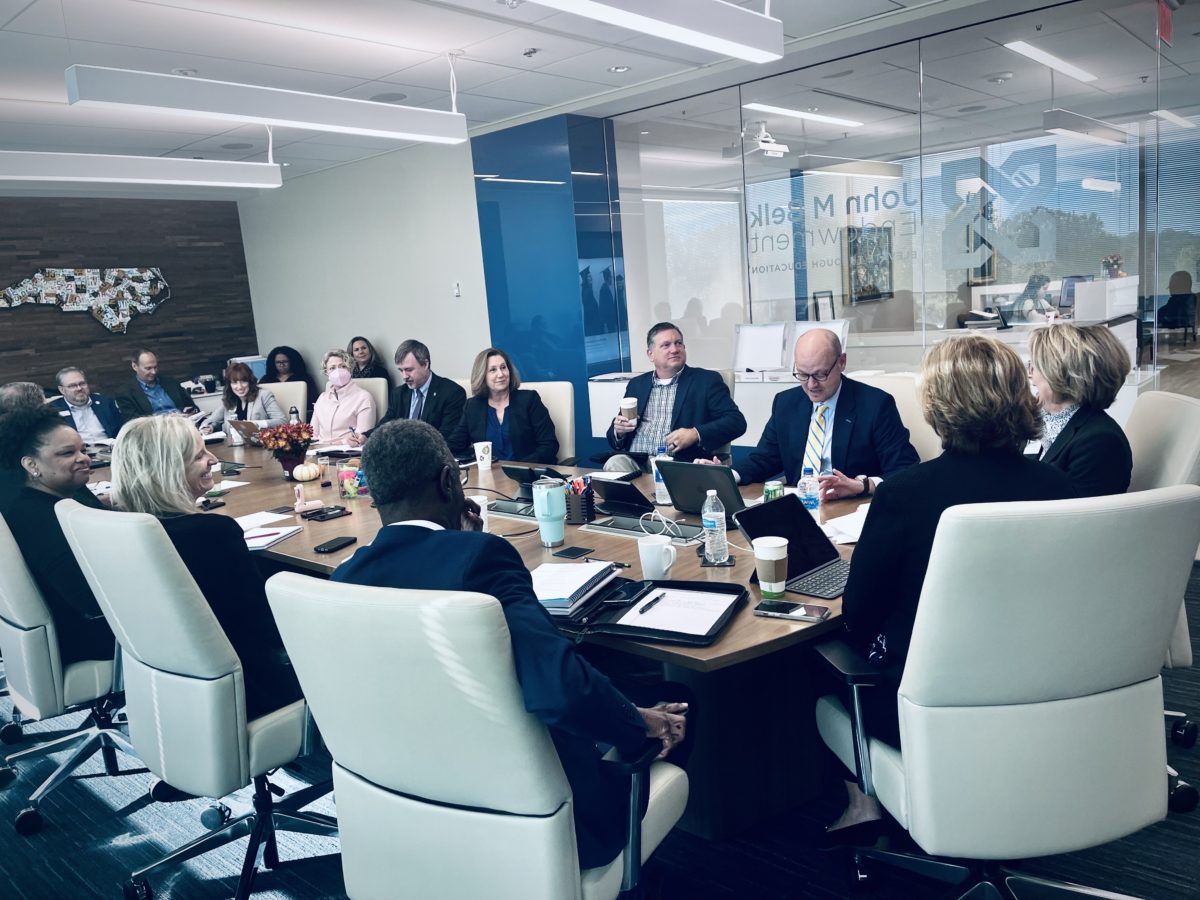
Five more North Carolina community colleges will join N.C. Reconnect – an initiative aimed at enrolling and credentialing adult learners at the state’s community colleges. Announced Nov. 3, Brunswick, Catawba Valley, College of The Albemarle, Davidson-Davie, and Edgecombe community colleges will be the next cohort of institutions to receive support from partners across the state as they work to reengage adult learners.
Spearheaded by the John M. Belk Endowment (JMBE), N.C. Reconnect launched in July 2021 with five community colleges of varying sizes across the state: Blue Ridge, Durham Technical, Fayetteville Technical, Pitt, and Vance-Granville. By Nov. 2021, N.C. Reconnect had been extended to include five more colleges: Caldwell, Central Carolina, Forsyth Technical, Lenoir, and Wilkes. Now, 15 North Carolina community colleges are making strategic decisions to better serve the students that make up the majority of their campuses.
![]() Sign up for Awake58, our newsletter on all things community college.
Sign up for Awake58, our newsletter on all things community college.
At the heart of N.C. Reconnect are the 380,000 North Carolinians ages 25-44 who have some college but no degree.
“We think we can help them get across the finish line and increase their economic mobility,” said MC Belk Pilon, JMBE’s president and board chair. “Closing this (attainment) gap inherently helps us close the equity gap.”
N.C. Reconnect takes a collaborative approach – with as many as eight partners (John M. Belk Endowment, Belk Center for Community College Leadership and Research, Crisp Communications, insidetrack, Finish First NC, myFutureNC, North Carolina Community College System, and VisionPoint Marketing) working alongside the colleges. The partners have provided a variety of supports to N.C. Reconnect colleges, including funding, qualitative and quantitative research, marketing, and direct student outreach.
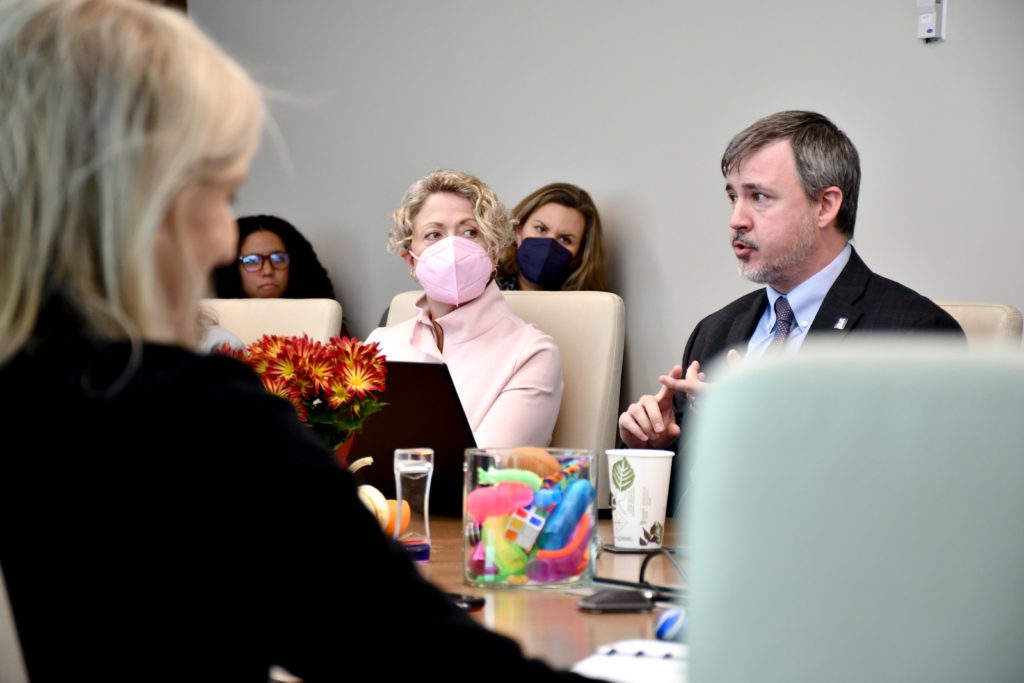
Leaders from the 15 colleges gathered last week to discuss early learnings from the first two cohorts. They emphasized how the initiative has changed their processes and strategies to serve adult learners.
Dr. Lawrence Rouse, president of Pitt Community College, said N.C. Reconnect created a sense of urgency to meet the needs of one of the most vulnerable populations on community college campuses.
“We know that adult learners are different because of all the barriers they may have. They’re not like a high school student coming directly to us,” said Rouse.
Rouse said that means treating the students differently and making them feel comfortable as they make their way to campuses.
Presidents in cohort one and two were quick to point out that N.C. Reconnect was not just another initiative, but instead, a catalyst for changing campus culture in order to meet the needs of all students.
“The key for us was making sure that this didn’t feel like another initiative, but rather, this is just the next progression of our strategic plan,” said Dr. Janet Spriggs, president of Forsyth Technical Community College.
And a common theme throughout the day was the recognition of N.C. Reconnect’s collective impact – that it was not only elevating the work to engage adult learners but was also helping colleges strategize ways to revamp whole college models.
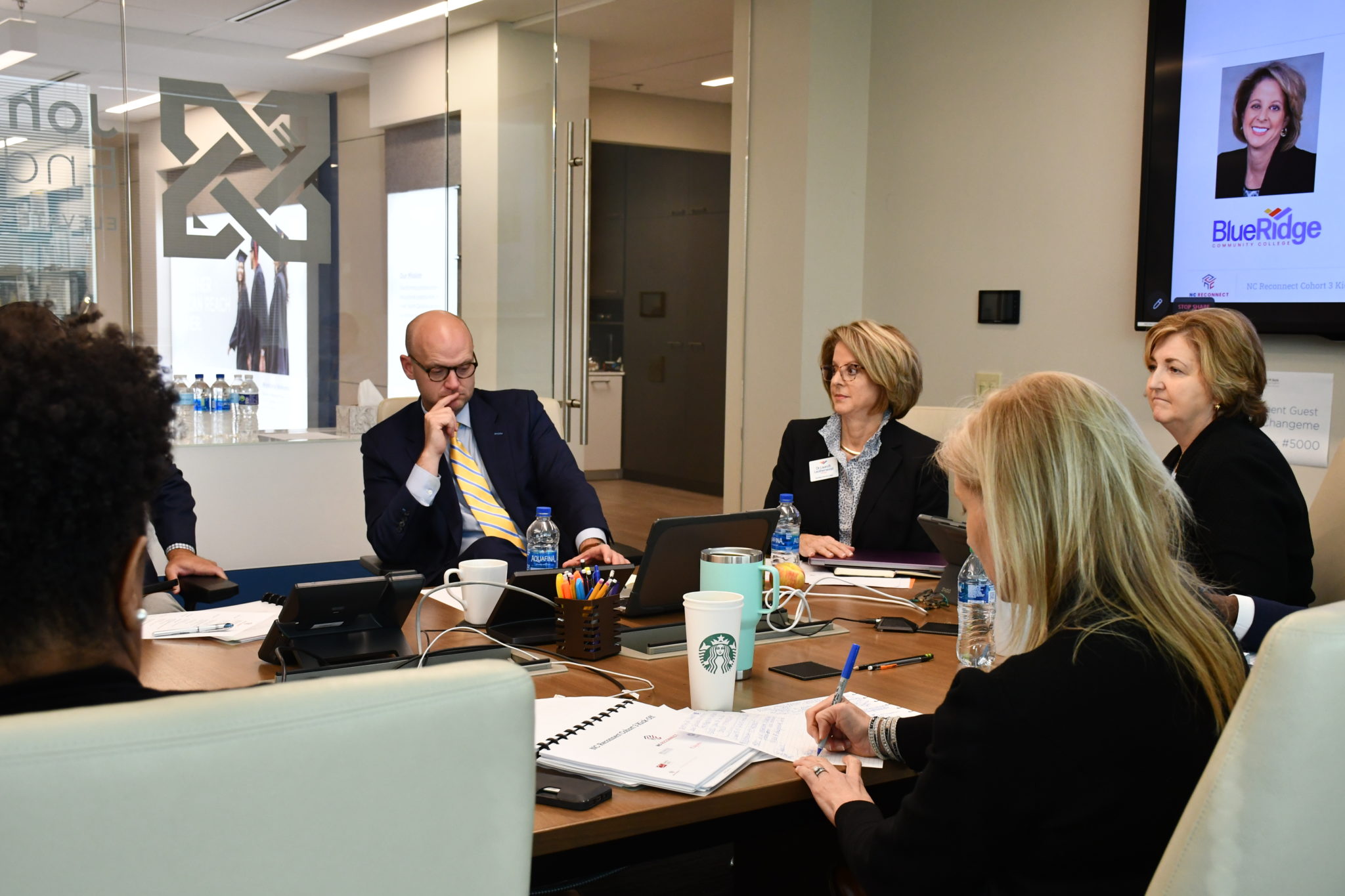

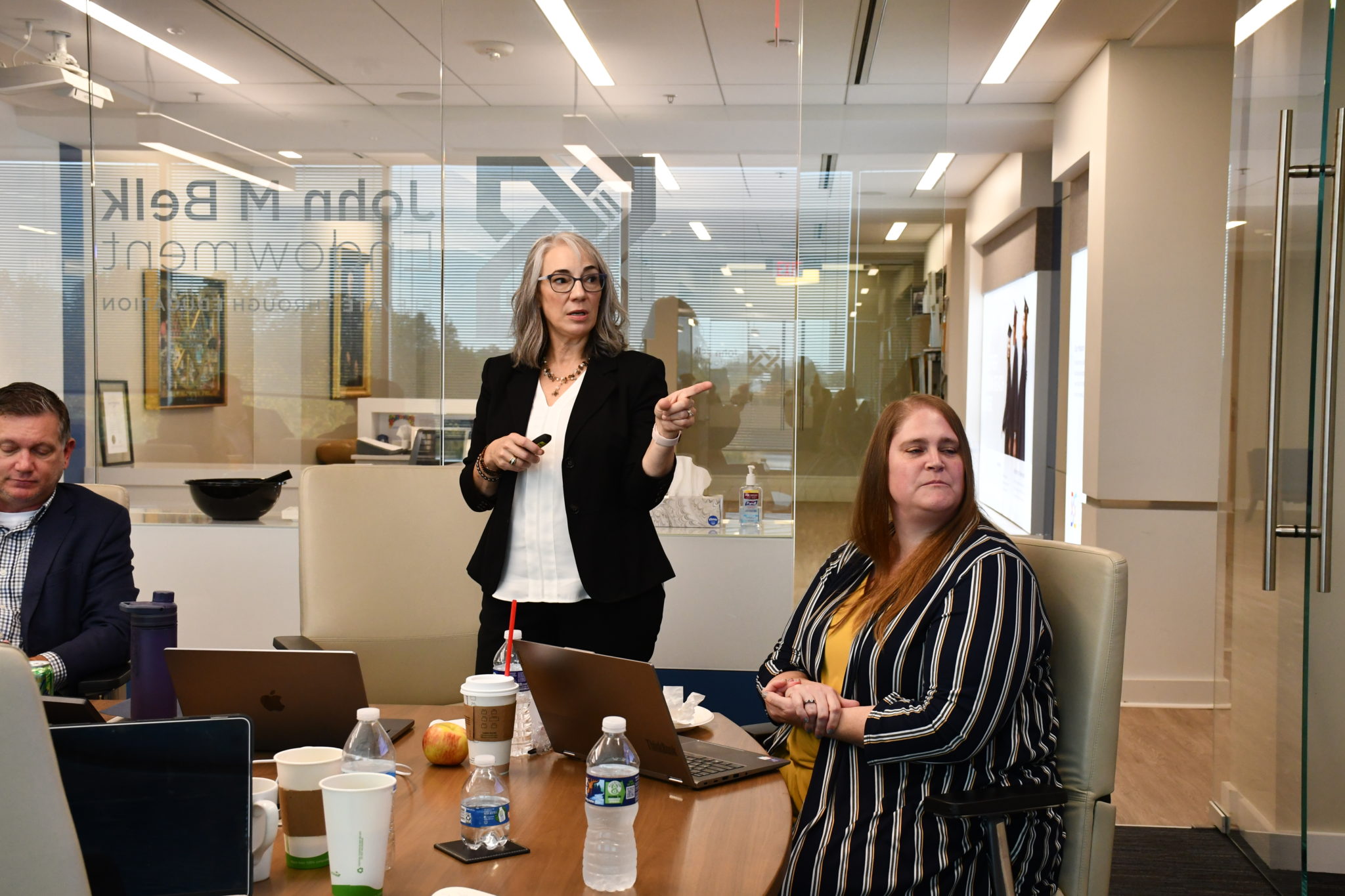
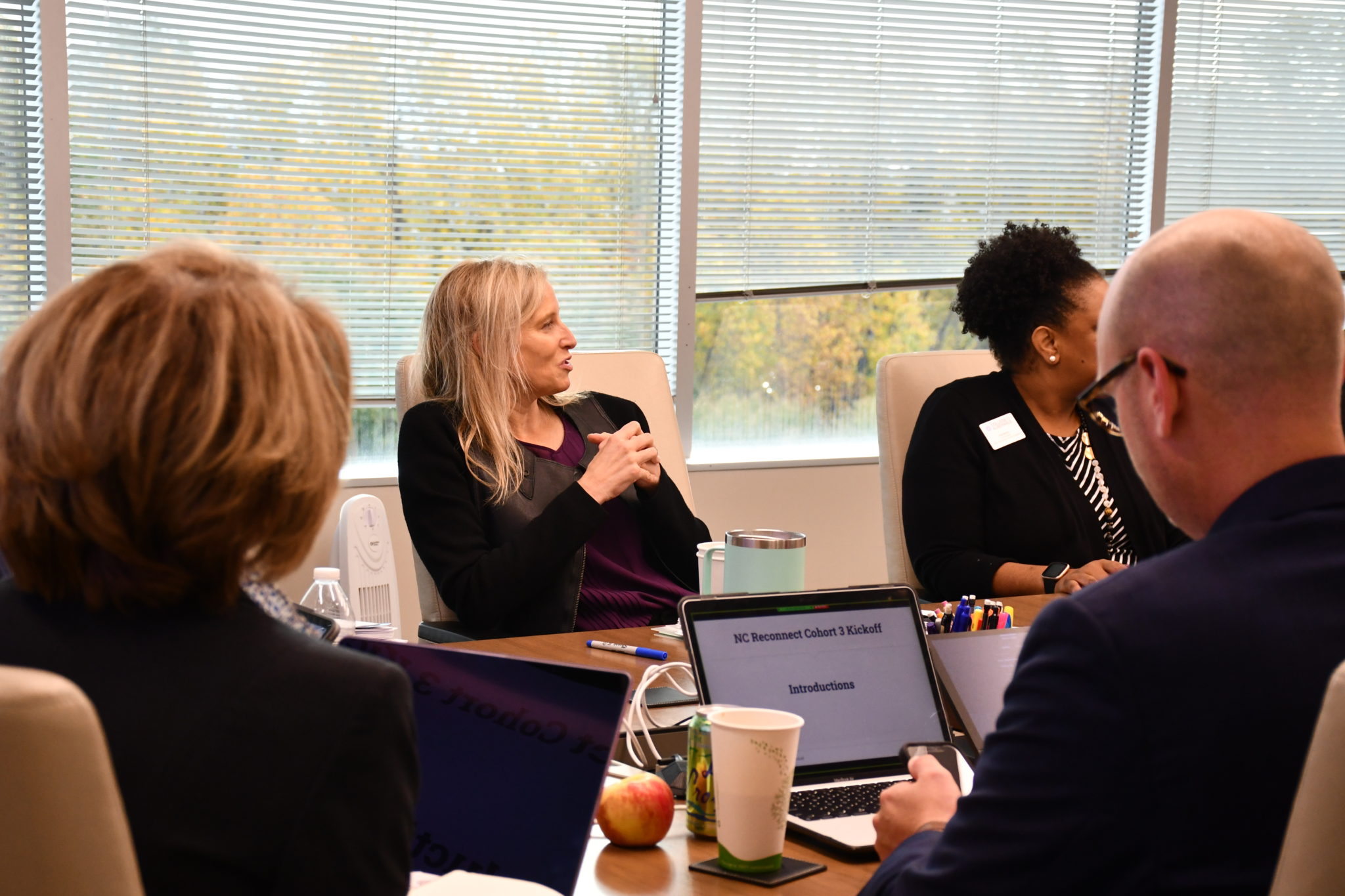
As college leaders from the first two cohorts highlighted specific strategies that were working on their campuses, it was clear that attracting, enrolling, and retaining adult learners is a multi-faceted approach.
“We realized early on that there’s probably no silver bullet to reaching adult learners – ever. There are multiple things that maybe have silver-bullet-like qualities,” said Mike Krause, a senior advisor at JMBE.
The Belk Center’s Adult Learner Guidebook – a resource that offers promising practices and lessons learned from cohort one – echoes Krause’s sentiments that no one strategy will bring adult learners back to community college campuses. Rather, reaching and engaging adult learners includes evaluating processes, systems, and policies on community college campuses and being willing to make changes if those operational models do not meet the needs of students.
Editor’s note: The John M. Belk Endowment supports the work of EducationNC.
Recommended reading
